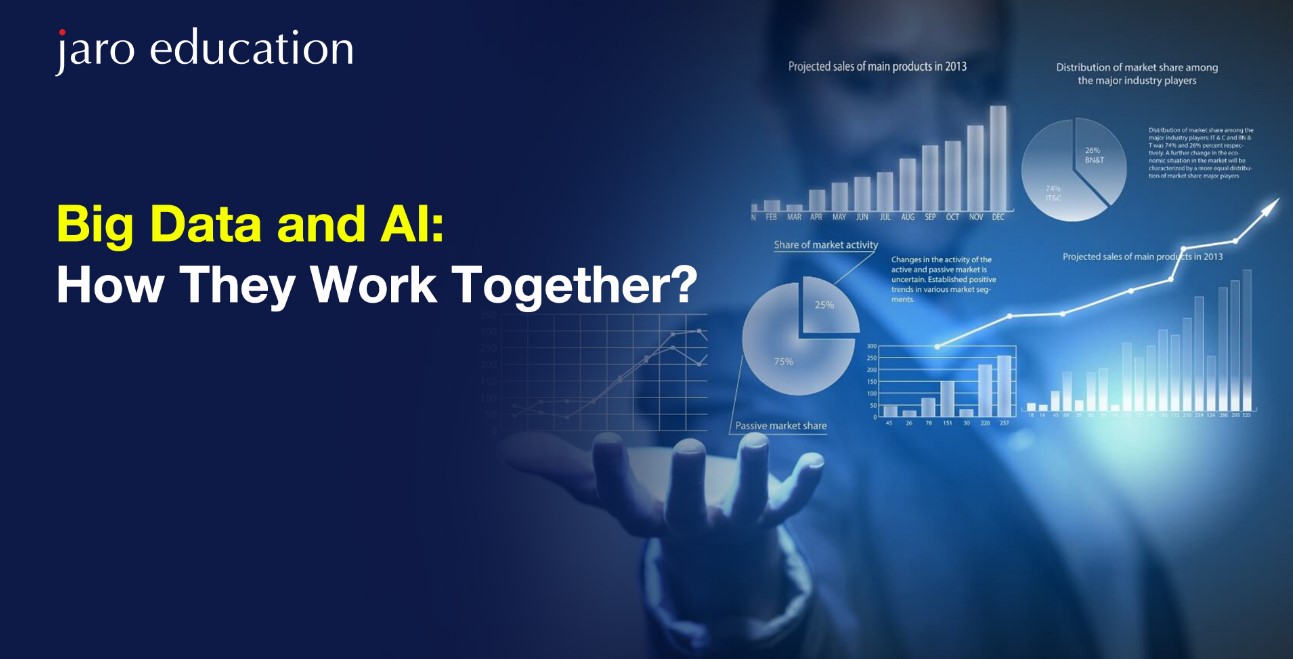Fundamentally altering workflows through its reliance on algorithms, computing prowess, and data utilization. This transformation extends beyond mere operational changes; it disrupts entire industry dynamics and organizational structures. Successful enterprises will excel in fostering a positive feedback loop among individuals, data assets, and AI capabilities. Each component plays a pivotal role: human insight remains crucial as employees curate and refine data for AI training, enhancing overall efficiency and success. Companies that effectively establish and optimize this feedback loop will outperform competitors.
While AI hinges on algorithms, computing power, and data, most firms, aside from tech giants and savvy startups, do not develop their own algorithms. Instead, they rely on a select few algorithms from tech firms or freely available ones from platforms like Hugging Face. Computing capabilities are similarly standardized across most companies, with access to comparable data center servers. Thus, competitive advantage increasingly derives from unique datasets.
Proprietary data assumes critical importance, with intellectual property—such as Disney’s film archives, The New York Times’ extensive article catalog, and Pfizer’s research and clinical trial data—representing valuable assets. For many businesses, particularly post-2021 under stricter privacy regulations, customer data emerges as a primary proprietary source. AI facilitates leveraging internally generated employee data, becoming a significant competitive advantage.
For decades, businesses sought mass customization, tailoring products or services to individual customers while maintaining scale economies. AI now accelerates this capability, enabling businesses, even those with standardized offerings, to personalize marketing efforts extensively.
Consider Domino’s Pizza in Mexico, which historically employed undifferentiated advertising across various media. Facing uncertainties about customer behavior and messaging effectiveness, Domino’s leveraged AI through Segment, a data analysis platform owned by Twilio. Segment’s AI algorithms categorized customers and predicted optimal messaging, media, and timing, resulting in a 700% increase in Google ad return and significant cost savings.
AI empowers companies to segment customer bases finely. Intuit, known for TurboTax and QuickBooks, transitioned from broad audience categories to 450 specific segments using AI for targeted marketing. This shift significantly boosted engagement rates. The challenge now lies not in targeting accuracy but in creating genuinely personalized messages for each customer. While AI-generated marketing messages abound, maintaining quality control remains crucial.
In conclusion, AI’s impact on data management and customer interaction is profound, ushering in an era where precision, personalization, and data-driven insights redefine business strategies and market competitiveness.
This article was originally published on fastcompany. Read the original article.
FAQs:
- How is AI reshaping the interaction between workers and data?
AI is fundamentally changing how workers engage with data by enhancing the ways in which data is collected, analyzed, and utilized. It enables more efficient data processing, offering deeper insights and fostering better decision-making.
- What are the key components driving this transformation?
The primary components are algorithms, computing power, and data. These elements work together to enable AI systems to process and analyze vast amounts of information quickly and accurately.
- How does this transformation affect industries and organizations?
AI’s influence extends beyond individual tasks, altering entire industry dynamics and organizational structures. Businesses that effectively integrate AI with human input and data management are likely to gain a competitive edge.
- Will employees still play a crucial role in this new AI-driven environment?
Yes, employees remain vital. Their role involves creating and curating data, which trains AI systems. This symbiotic relationship enhances efficiency and overall success.
- What is the importance of proprietary data in this context?
Proprietary data becomes a significant competitive asset. Unique datasets, whether from customer interactions or internal operations, provide a crucial advantage that sets successful companies apart.
